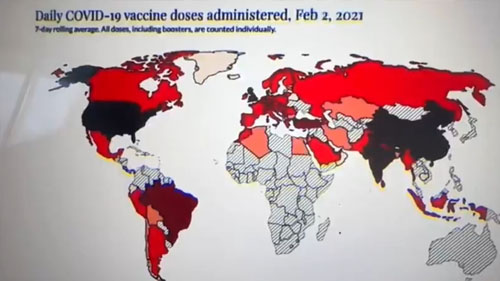Doctrine
Pope Pius XI, Mortalium Animos (# 7), Jan. 6, 1928, speaking of heretics: “There are some, indeed, who recognize and affirm that Protestantism, as they call it, has rejected, with a great lack of consideration, certain articles of faith and some external ceremonies, which are, in fact, pleasing and useful, which the Roman Church still retains. They soon, however, go on to say that the Church also has erred, and corrupted the original religion by adding and proposing for belief certain doctrines which are not only alien to the Gospel, but even repugnant to it.”










 " />
" /> " />
" /> " />
" /> " />
" /> " />
" />





